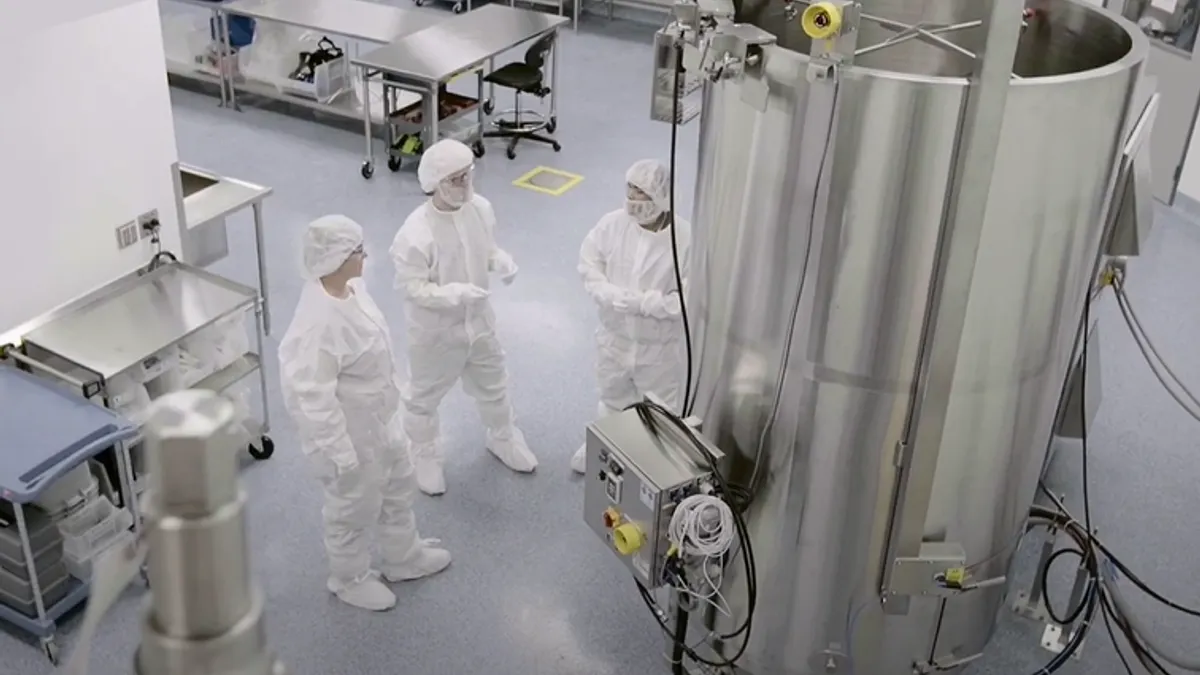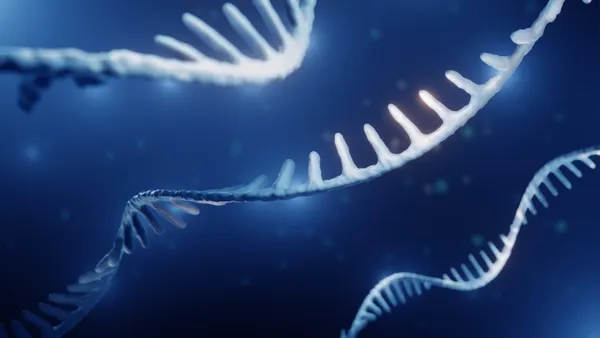Dive Brief:
- BioMarin Pharmaceutical on Monday said it will limit sales of its hemophilia gene therapy Roctavian to the U.S., Germany and Italy in a bid to reach profitability with the slow-selling blood disease medicine.
- BioMarin will also pause production at a Roctavian manufacturing site and stop enrolling new patients in clinical testing of the therapy, which won approval in Europe in 2022 and the U.S. last year. The company expects its changes to lower direct Roctavian expenses to $60 million a year by 2025, by the end of which it anticipates the business will be profitable.
- While Roctavian was once viewed by analysts as a future blockbuster, demand for the one-time treatment has been scant, reflecting doubts about the durability of benefits it offers and a price tag that’s hampered reimbursement discussions in the U.S. and Europe. Five patients received treatment between April and June, resulting in revenue of $7 million, BioMarin said Monday.
Dive Insight:
Roctavian’s commercial future has been in the balance as BioMarin and new company CEO Alexander Hardy weighed the therapy’s slow uptake.
In April, Hardy laid out three options BioMarin was considering: staying the course on evidence sales were ramping quickly, reducing spending to ensure a “reasonable” return on investment, or selling Roctavian altogether.
With the new plan disclosed Monday, BioMarin is choosing the middle ground and hoping it can increase sales by enough to match a lower level of expenses.
“This decision on Roctavian was based on four conclusions: One, our belief in the therapeutic profile of Roctavian and its role in hemophilia A; second, our understanding that a launch like this takes time; third, signs of progress in the United States, Germany and Italy; and lastly, a revised expense profile that gives us confidence Roctavian will contribute to profitability,” Hardy told investors on a conference call late Monday afternoon.
Hardy said he expects the pace of treatment in the U.S. to improve as more centers gain experience with Roctavian, which delivers a functional copy of the gene that people with hemophilia A lack. In Germany, the company is working to secure reimbursement following an agreement with the country’s health authorities on pricing, while in Italy Hardy reported “signs of patient demand.”
Two of the five patients treated in the second quarter were located in Italy; the other three were in the U.S.
BioMarin declined to give specific patient or revenue guidance Monday, although the company would likely need to treat several dozen patients to break even on $60 million in expenses. The list price for Roctavian in the U.S. is $2.9 million, while in Germany BioMarin agreed to a price that equates to about $900,000 in per-patient revenue.
BioMarin also didn’t detail what it plans to do with Roctavian rights in countries other than the U.S., Italy and Germany. In its statement, the company indicated that “expansion into other markets” will depend on progress in the three it’s chosen.
BioMarin’s pared-down vision for Roctavian contrasts with the high potential the company and many outside it ascribed to hemophilia gene therapy. Long a goal for the gene therapy field, treatments like Roctavian promise to control bleeding for many years, freeing people with the disorder from regular infusions of so-called factor replacement therapy.
But the arrival of newer and longer-lasting drugs like Roche’s Hemlibra and Sanofi’s Altuviiio have given patients new options, possibly lessening the appeal of gene therapy. Sales of Hemgenix, a gene therapy for the less common “B” form of hemophilia, have also been slow.
Roctavian’s sluggish sales have put the focus more squarely on another new BioMarin drug, Voxzogo, that’s approved to treatment a form of dwarfism. According to the company, roughly 3,500 children were on the drug at the end of the second quarter, and it is now BioMarin’s top-selling product.















